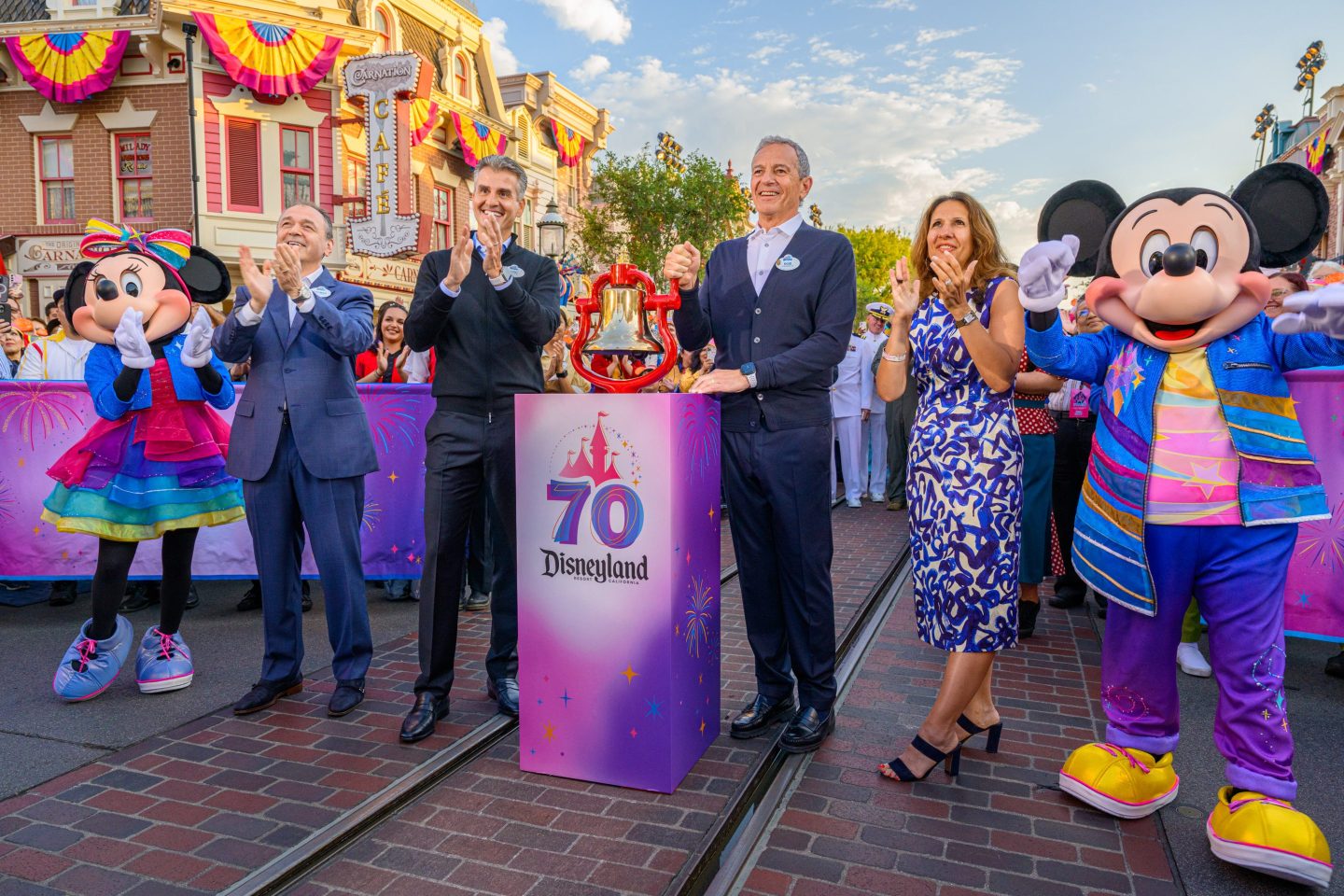The role that businesses can play in creating economic growth across communities is obvious. But many CEOs believe businesses also have a responsibility to address social issues, such as income inequality.
To have a positive impact on society, “companies need to be good community citizens [by partnering with organizations and enabling philanthropy],” says Charles Giancarlo, Chairman and CEO of Pure Storage, a data storage business servicing more than 40% of Fortune 500 companies.
Giancarlo tells Danielle Abril of Fortune that investing in affordable housing is one example of being a good community citizen. In 2018, together with Cisco and LinkedIn, Pure Storage contributed $20 million to the Housing Trust Silicon Valley TECH Fund, a nonprofit community development financial institution. The goal of the fund is to address economic inequality and homelessness by building affordable homes in the greater San Francisco Bay Area in California.
The TECH Fund has already started building approximately 1,500 homes located in 15 developments across Silicon Valley. To help spur affordable housing development, the TECH Fund provides flexible financing for developers so they can compete for sites on the open market that might otherwise list at higher market rates.
“We’re headquartered in Mountain View, California—a very expensive area to live, and for our new employees coming in from college, it’s very difficult for them to get started, so [investing in the local Housing Trust] is good for employees and the community in which we operate,” says Giancarlo.
Companies should view activities grounded in social responsibility as an investment in the future rather than as a short-term cost to the business, he says. Giancarlo suggests that CEOs first identify where their organization might be best able to make the biggest positive impact. Then, the organization can contribute in a way that hopefully creates a virtuous cycle that fosters ongoing community investments.
Watch the video above for more insights from Fortune’s interview with Giancarlo.











